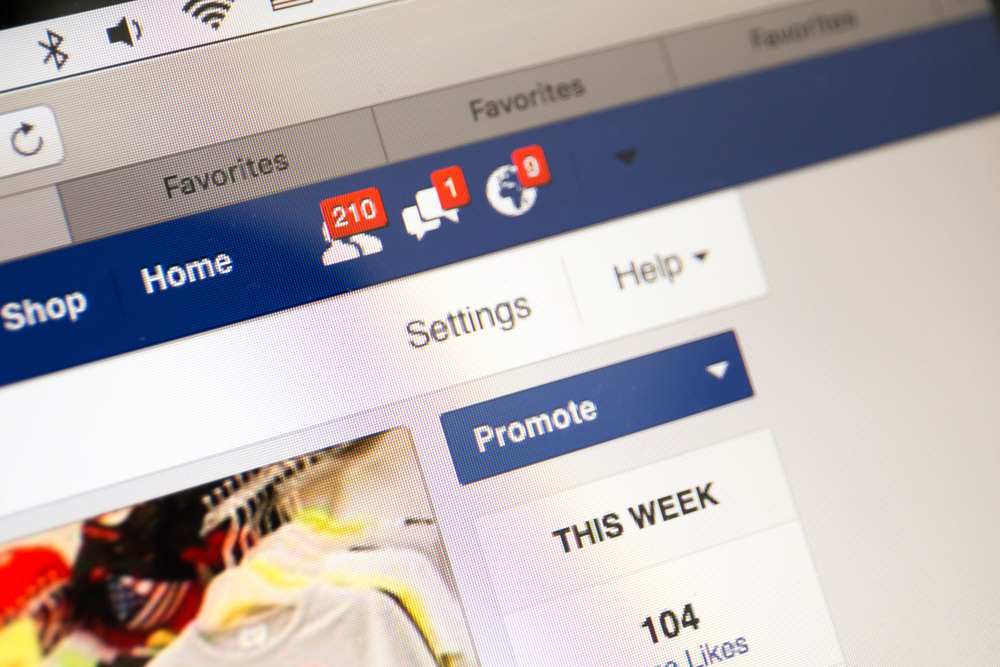Facebook's Protect security feature is essentially Spyware
Is in fact a VPN service designed to route your web browsing through its servers to collect and analyse user data

Facebook is rolling out a fresh security feature called Protect to its app that is essentially Spyware.
With a name that is likely to lure users into a false sense of security, the new Protect feature is touted as "an added layer of security", but it is in fact a VPN service designed to route your web browsing through its servers to collect and analyse user data.
The VPN service is powered by Onavo, an Israeli mobile analytics company now owned by Facebook. While the inclusion of Onavo's VPN tools within the Protect feature is stated by the social network in the product's terms of service as a means to "improve Facebook products and services", the company states the process collects users' mobile data traffic to "gain insights" into their online browsing behavior - which could also be interpreted as "Spyware".
Buried underneath the read more link on both the iOS App Store and the web, the Protect terms of service information reads:
"To provide this layer of protection, Onavo uses a VPN to establish a secure connection to direct all of your network communications through Onavo's servers.
"As part of this process, Onavo collects your mobile data traffic. This helps us improve and operate the Onavo service by analysing your use of websites, apps and data. Because we're part of Facebook, we also use this info to improve Facebook products and services, gain insights into the products and services people value, and build better experiences."
According to TechCrunch, there are an estimated 33 million users who have Onavo Protect installed, with 38% being on iOS and the other 62% being on Android.
Get the ITPro daily newsletter
Sign up today and you will receive a free copy of our Future Focus 2025 report - the leading guidance on AI, cybersecurity and other IT challenges as per 700+ senior executives
And while Onavo's app store description explains clearly in its Ts&Cs that it's "a part of Facebook" and used to "gain insights into the products and service people value, and build better experiences", the potential impact on privacy is not going to be very clear to the average Joe.
-
 Bigger salaries, more burnout: Is the CISO role in crisis?
Bigger salaries, more burnout: Is the CISO role in crisis?In-depth CISOs are more stressed than ever before – but why is this and what can be done?
By Kate O'Flaherty Published
-
 Cheap cyber crime kits can be bought on the dark web for less than $25
Cheap cyber crime kits can be bought on the dark web for less than $25News Research from NordVPN shows phishing kits are now widely available on the dark web and via messaging apps like Telegram, and are often selling for less than $25.
By Emma Woollacott Published